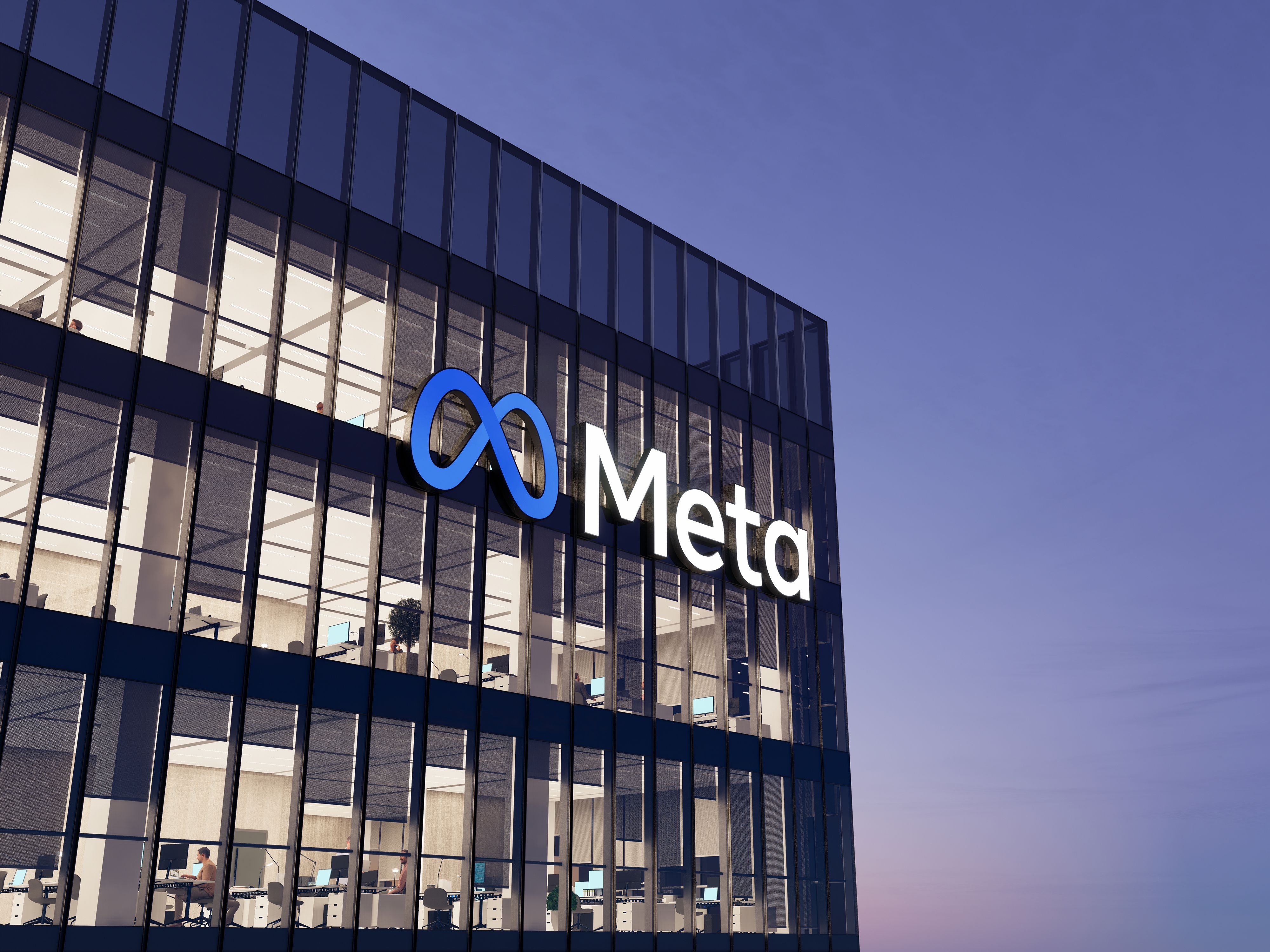Meta's $1.4 billion settlement with Texas includes biometric safe harbor
Meta's $1.4 billion settlement with Texas includes biometric safe harbor
31 July 2024
By Mike Swift
While Meta Platforms will spend an eye-popping $1.4 billion to settle privacy litigation filed by the state of Texas, the tech giant got something out of the deal as well: a roadmap for how it could legally use the biometric data of Texans to train artificial intelligence algorithms or for other commercial purposes.
The settlement filed in a Texas court yesterday includes a new “notice and dispute resolution” system that gives the state 30 days to respond to Meta’s plans to use biometric data, assuming the company discloses “anticipated or ongoing conduct for which Meta seeks to confer with the State regarding the potential application or requirements of a Biometrics Law.”
In Tuesday’s announcement of the settlement with Meta, Texas Attorney General Ken Paxton said the deal would “stop the company’s practice of capturing and using the personal biometric data of millions of Texans without the authorization required by law.” Meta had already halted the “Tag Suggestions” facial recognition feature at issue in the Texas suit, however.
Soon after paying $650 million to settle privacy litigation over its use of facial recognition, Meta said in late 2021 that it would stop automatically recognizing the identities of individuals captured in photos and videos, and that it would delete the digital templates used to recognize them.
The notice and resolution process in the Meta settlement, however, lays out a system unique to Meta where it could gain legal clarity about its planned use of biometric data in Texas to train its AI systems, or for other purposes.
If Texas signed off on Meta’s plans to use biometric data in the state, or it failed to raise an objection to them, the state would be foreclosed from suing Meta in the future on claims that it violated Texas biometrics privacy laws, including the Capture or Use of Biometric Identifier Act (CUBI) or other privacy laws including the new Texas Data Privacy and Security Act. The TDPSA took effect this month and also includes limits on the use of biometric and other “sensitive” data.
There would be an exception to that enforcement ban, however, if there was a “material change in circumstances” such as a “change in applicable legal standards,” the settlement document says.
If Meta complies with the notice and resolution system, however, it would enter a legal safe harbor for its use of biometric data in which Texas “may not subsequently raise an objection to Meta's conduct on the basis that Meta's processing of images, video, audio or other content during training renders Meta's ongoing use of that model, algorithm or program unlawful under any Biometrics Law," the settlement says.
“Absent such a material change in circumstances, the State shall not bring a civil enforcement action against Meta or seek any other relief or remedies authorized for violations of the Biometrics Laws arising out of or related to the conduct, unless the State establishes that Meta's initial disclosure of the State pursuant to [the notice and resolution program] was materially false or materially misleading,” the settlement agreement says.
The Office of the Texas Attorney General didn't respond to a series of questions from MLex yesterday and today about the notice and resolution safe harbor.
Meta expects AI to be central to its future, and to get there it will require large amounts of training data. As Meta reported quarterly earnings today, CEO Mark Zuckerberg said “Meta AI is on track to be the most used AI assistant in the world by the end of the year.”
AI “is going to end up affecting almost every product that we have in some way,” Zuckerberg said.
Meta reported quarterly revenue of $39.1 billion, a 22 percent year over year increase for the quarter. Meta said 3.27 billion people are using at least one of its apps on a daily basis.
The company repeated its warnings about regulatory risk in the US and EU affecting its results, saying “we continue to monitor an active regulatory landscape, including the increasing legal and regulatory headwinds in the EU and the US that could significantly impact our business and our financial results.” Neither Zuckerberg nor Chief Financial Officer Susan Li mentioned the Texas settlement, however, on today’s earnings call.
The settlement with Texas is slightly larger than the $1.3 billion in stock dividends that Meta reported it paid its shareholders in the second quarter of the year.
Meta will pay the $1.4 billion settlement to Texas in five annual payments running until 2028, with the first $500 million due within 30 days. Up to $225 million of that initial 2024 payment will go to outside lawyers who represented the state in the litigation, with the state’s general revenue fund getting the $275 million balance, the settlement document says.
In subsequent years, Meta will make annual payments of $225 million to Texas, with the state keeping $222 million and setting aside $3 million for other attorney fees. The Texas attorney general didn't respond to questions from MLex about whether the settlement money would be invested into other privacy enforcement efforts.
Paxton did not discuss or mention the notice and dispute-resolution system in press statements about the settlement, but he insisted that the state will continue to scrutinize Meta and other tech giants.
“This historic settlement demonstrates our commitment to standing up to the world’s biggest technology companies and holding them accountable for breaking the law and violating Texans’ privacy rights,” the attorney general said Tuesday. “Any abuse of Texans’ sensitive data will be met with the full force of the law.”
For the latest regulatory developments in data privacy, cybersecurity and tech regulation, activate your instant trial of MLex today.

More from MLex





